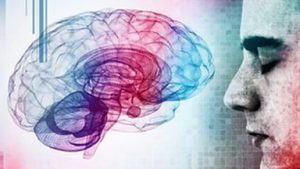
Photo credit by getty images
Mental health issues affect 1 in 8 young people (5-19 years of age). Mental Health issues come in many forms but it is easy to hide because it isn’t a physical illness, it can’t be prevented however there are ways to control it. Mental health issues have increased a lot in the past 5 years and they had a massive impact on young people.
There are common and rare mental illnesses; the rarest mental illnesses are: stendhal syndrome, apotemnophilia, alien hand syndrome, capgras syndrome, Alice in Wonderland syndrome. Yet the most common mental illnesses found in young children are depression, anxiety, eating disorder, panic attacks, phobias, post-traumatic stress disorder, self-harm, stress, sleeping disorder and suicidal feelings. You can’t completely prevent mental illness, however there are ways to control it.
Young people get anxious from exams, speaking in public, going to school, staying at a friend’s house or trying new things. Mental illness can be caused by an early loss of an important person such as a family member. There are many triggers that start mental illness and some can be more extreme than others, but the hardest part of mental illness is dealing with it and telling their loved ones. Not everyone understands how difficult mental health conditions are. The least people can do is to not make a big deal about it.
We interviewed a counsellor in our school and she told us what she could do. We asked her if she thinks mental health is a massive issue in young people and she told us that it is and it needs to be dealt correctly. She helps people by listening to their problems and see if she can help them find their own solutions or offer her to help them. She mostly comes across worries, anxiety, peer pressure, friendship issues and fitting in. She told us about how not every school takes mental health seriously and they don’t understand how worrying it can be but is honoured to be a part of helping people. If you can sort it out at a young age there is less of a chance that they will struggle with it as an adult.
By Gabrielle and Emily, Year 7

